Only 42 new drugs out of 460 types circulated globally are available in Vietnam, due to lengthy licensing procedures and time, affecting patients.
On January 21, a representative of the Ministry of Health said that the price of generic drugs in Vietnam is low compared to other countries in the ASEAN region (for most major treatment groups). While the rate of using generic drugs in Vietnamese medical facilities is 11%, compared to more than 27% in Asia- Pacific countries.
Data from the IQVIA MIDAS Medical Research Organization updated in the first quarter of 2022 also shows that Vietnamese patients are disadvantaged in accessing new drugs compared to other countries. Specifically, only 9% (equivalent to 42 new drugs) are available in Vietnam out of a total of 460 types introduced to the global market in the past 10 years (from 2012 to the end of 2021).
Difficulty in accessing new drugs is creating a heavy burden for patients. For example, about 25% of the Vietnamese population suffers from cardiovascular disease and high blood pressure; more than 350,000 patients are living with cancer, but many people give up due to difficulty in accessing new drugs. According to Dr. Vu Ha Thanh, Deputy Head of Internal Medicine Department 2, K Hospital, there are currently only three immunotherapy drugs in cancer treatment licensed by the Ministry of Health while the world has recognized many new therapies. These drugs are not yet covered by health insurance, causing many patients to give up treatment due to lack of finances.
The reason for this situation is that the speed of access to new drugs depends largely on the time it takes for the drug to be granted a Circulation Registration Certificate. According to the provisions of the 2016 Pharmacy Law, drugs must be registered with the State management agency (Department of Drug Administration, Ministry of Health ) before being circulated in the Vietnamese market, the maximum time for granting a Circulation Registration Certificate (GĐKLH) is 12 months.
However, in reality, it often takes 4-5 years for new drugs to be granted a GKDLH because this process still has many shortcomings in administrative regulations, causing difficulties for both management agencies and businesses due to limited resources.
Recently, drug shortages have been occurring continuously, partly due to the procedure for renewing the registration certificate every 5 years after being reissued. Expired drugs are not allowed to be used in medical examination and treatment facilities until the management agency extends the validity.
To address urgent issues, the Government issued Resolution 80 in early 2023, temporarily extending the validity of expired GKDLH drugs until the end of 2024. The extension of validity does not affect the quality, safety, and effectiveness of the drugs because these drugs have been registered for circulation for many years in Vietnam and many countries around the world.
Mr. Le Viet Dung, Deputy Director of the Department of Drug Administration, Ministry of Health, said that in the first 10 months of 2023, the Department had 9 announcements to extend the validity of drug and drug ingredient registration certificates until December 31, 2024. To continue to remove difficulties and obstacles related to ensuring drugs, medical equipment and supplies, the Ministry of Health is amending the 2016 Pharmacy Law.
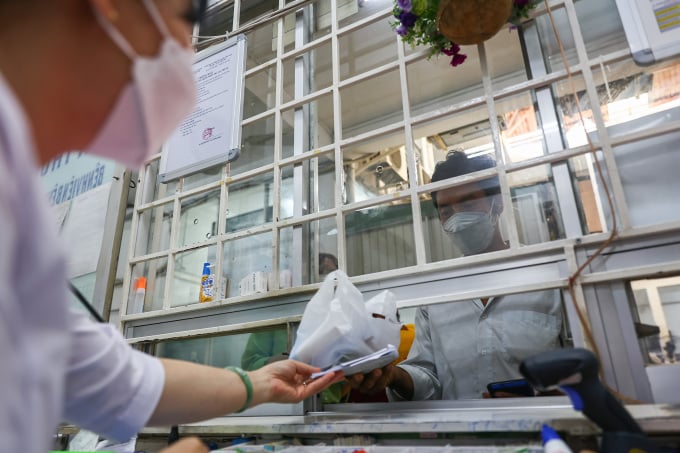
Medical staff at the pharmacy of the Ho Chi Minh City Hospital for Tropical Diseases, giving medicine to patients. Photo: Quynh Tran
The revised Pharmacy Law Project is being finalized, focusing on the development of the pharmaceutical industry, creating a legal corridor to prioritize research, technology transfer, and production of innovative drugs and high-tech drugs, helping patients easily access new drugs. This is one of the five policy groups focused on in the revised Pharmacy Law Project this time, aiming to promote the development of the pharmaceutical industry, helping doctors and patients increase their access and choice of treatment drugs.
In particular, the Ministry of Health proposed to simplify the dossier and procedures for extending, changing and supplementing the GĐKLH and pharmaceutical ingredients; regulate cases of extending, changing and supplementing the GĐKLH that do not have to go through the Advisory Council for granting drug circulation registration certificates. At the same time, reduce the time for extending the GĐKLH (reduced from 3 months to 1 month for cases of extension that do not have to go through the council).
The Ministry of Health also proposed allowing the replacement of pharmaceutical product certificates; exempting from submitting clinical dossiers for new domestically produced drugs to meet urgent needs; and a reference and recognition mechanism in drug registration, to help people access advanced and new drugs quickly.
This draft law is being appraised by the Ministry of Justice. It is expected that the Draft will be considered by the National Assembly at the 7th session (May 2024) and approved at the 8th session (October 2024).
Le Nga
Source link



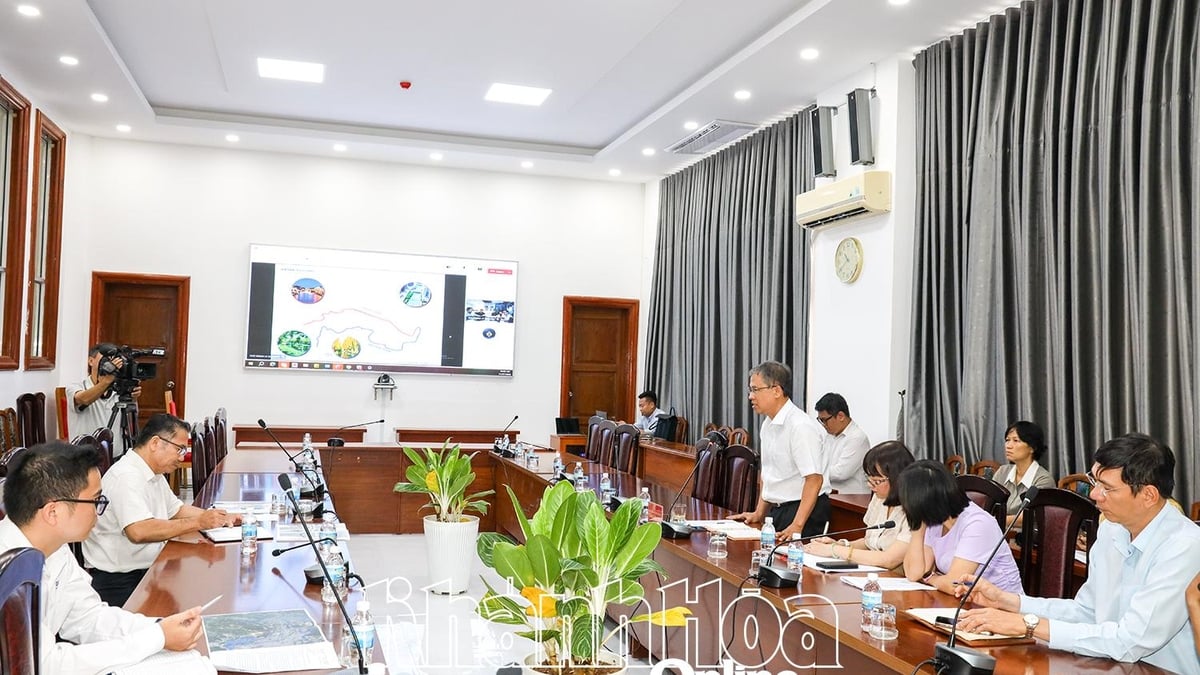


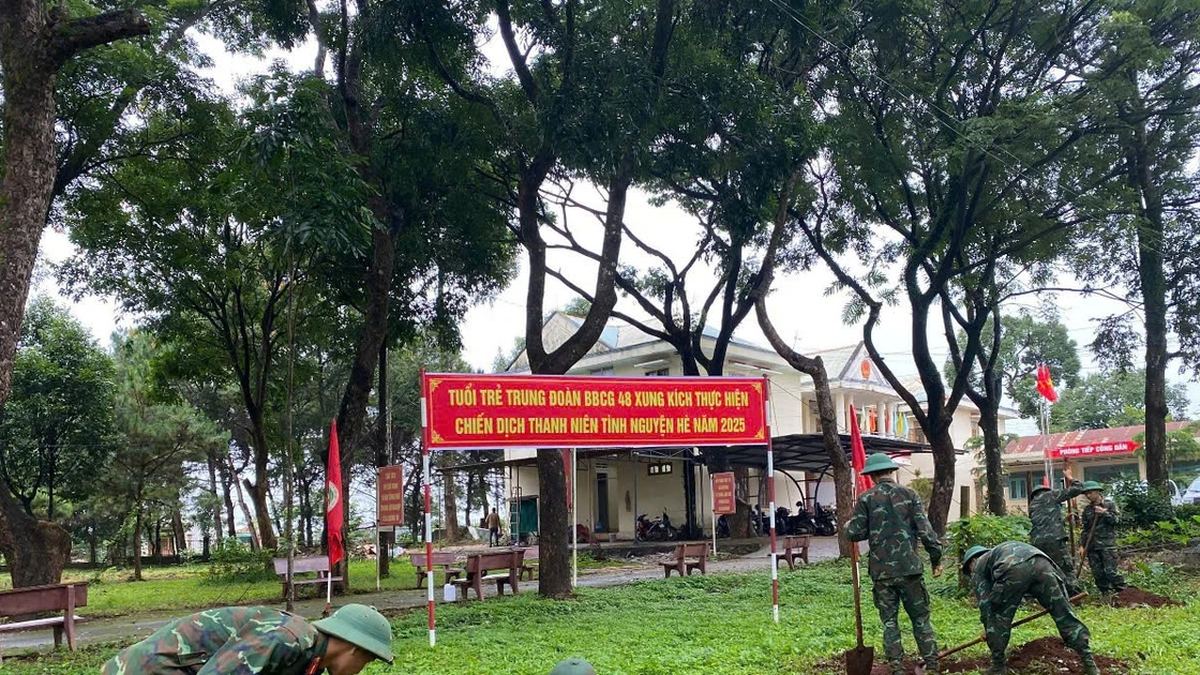
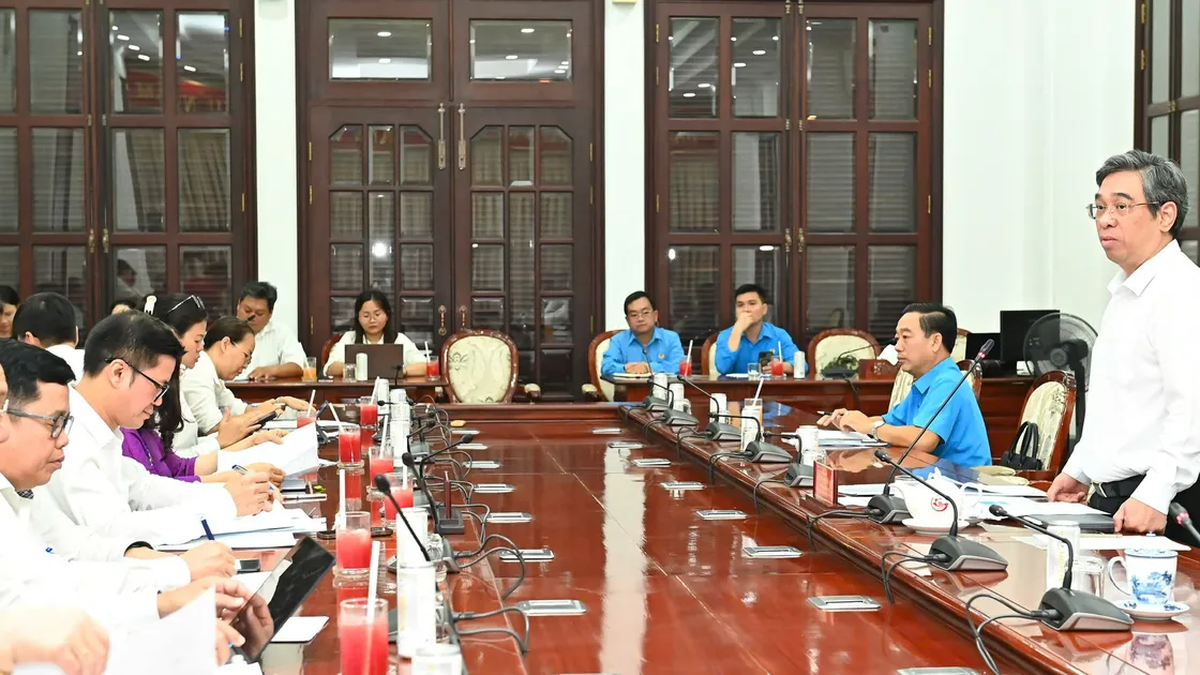
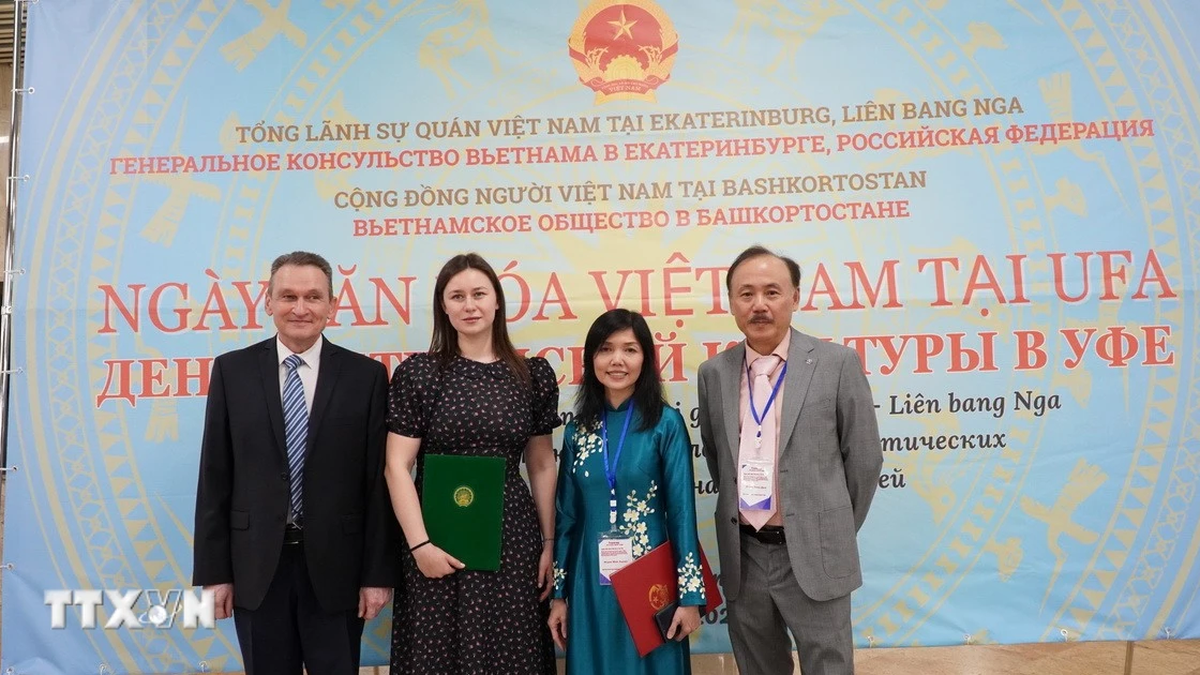













![[Photo] National Assembly Chairman Tran Thanh Man visits Vietnamese Heroic Mother Ta Thi Tran](https://vphoto.vietnam.vn/thumb/1200x675/vietnam/resource/IMAGE/2025/7/20/765c0bd057dd44ad83ab89fe0255b783)















































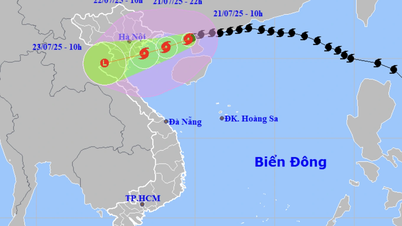





























Comment (0)